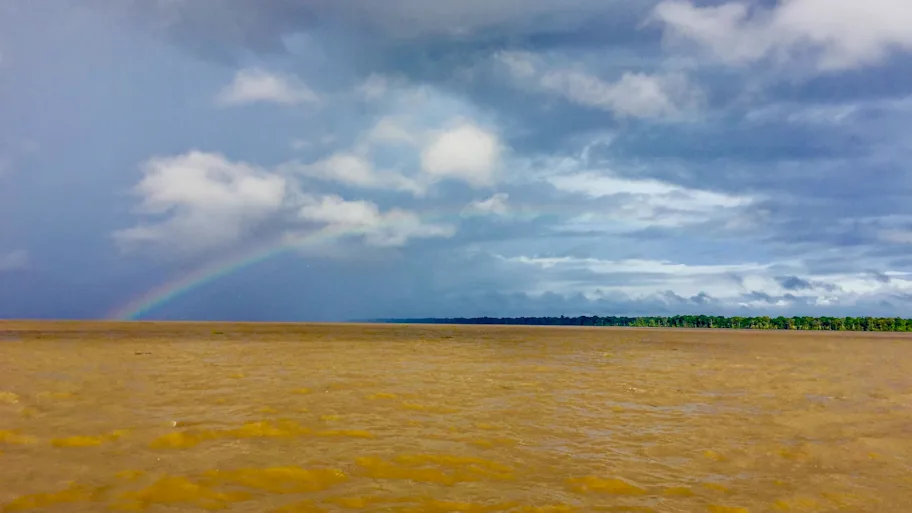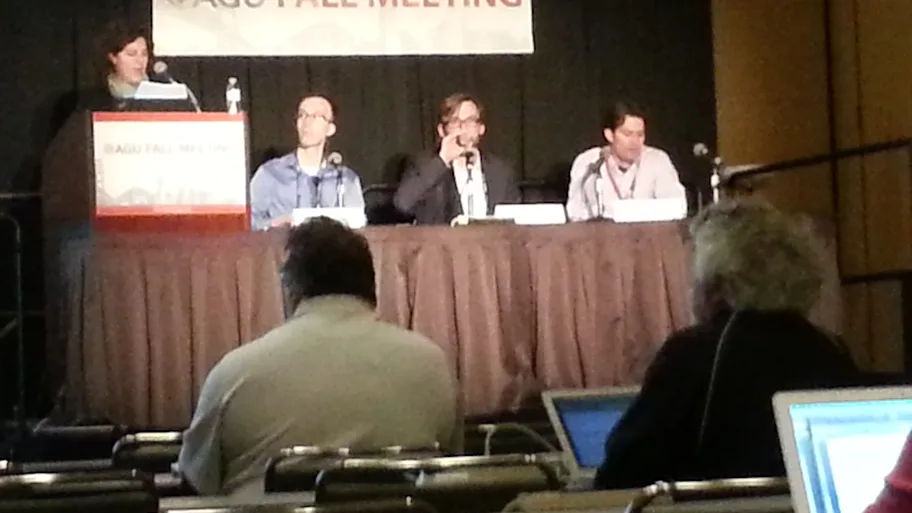
- Science News
- Earth science
- New study highlights need to address risk of continued global warming after net zero
New study highlights need to address risk of continued global warming after net zero
by Liad Hollender, Frontiers science writer

Image: Shutterstock.com
The UN Climate Panel’s latest best estimate is that global warming will end once we reach net zero CO2 emissions – but a study in Frontiers in Science warns significant warming could still occur. Researchers including those from Imperial College London and University of Exeter assess factors controlling global temperatures post ‘net zero’ and offer a pioneering framework for better estimating climate change risks. These risks must inform climate mitigation and adaptation policies to protect future generations.
From scorching heatwaves to torrential downpours and devastating storms, the disastrous effects of global warming are sweeping across the world. Being the predicted outcome of burning fossil fuels, our best and only plan to limit warming is to reduce CO2 emissions from human activities to ‘net zero’ – where the amount of CO2 we emit into the atmosphere is equal to the amount we remove from it. To keep within the 1.5°C limit of the 2015 Paris Agreement, this needs to happen as soon as possible.
Though the scientific community’s current best estimate from models is that global warming will stop at net zero, an article published in Frontiers in Science raises a red flag.
“These estimates come with substantial uncertainty, meaning there is a non-negligible chance that global warming will continue after net zero and intensify dangerous climate change,” said Prof Joeri Rogelj at Imperial College London and one of the international team of authors. “Worldwide emissions reduction plans overlook this important risk, which should be urgently addressed at the upcoming United Nations Climate Change Conference COP28.”
The article presents the first comprehensive analysis of the many factors controlling global temperatures and provides a framework for improving warming predictions. “Our analysis identifies the levers of global warming after net zero, and explains why current estimates are so uncertain,” said lead author Sofia Palazzo Corner also of Imperial College London.
“The potential of future climate risks in a net zero world makes the need to limit our initial disturbance to the planet even more imperative,” she added. “Crucially for policy, a world that expects warming to continue after net zero will have an even smaller carbon budget to keep total warming below 1.5°C.”
Prof Michael Mann at the University of Pennsylvania said that despite its alarming message on the prospect of continued global warming, this study offers hope. “It reminds us that the obstacles to climate action are neither physical nor technological. At this point, they remain political. And history teaches us that political obstacles can be overcome,” he wrote in an editorial accompanying the article, also published in Frontiers in Science.
Why would global warming continue in a net zero world?
Global temperatures are regulated by multiple natural processes and feedbacks in the oceans, land, and atmosphere. CO2 emissions have influenced many of these, triggering long-term changes which could last for centuries after net zero is reached.
“The melting of ice in polar regions is one example,” explained Prof Martin Siegert of the University of Exeter, another of the study’s authors. “As we have observed in the Arctic Ocean, and recently in the Antarctic, a thin layer of floating ice helps reduce global temperatures by reflecting the sun’s energy back into space. However, once this ice melts this reflection is replaced by absorption of solar energy, which drives temperatures even higher.”
Even current climate models show these processes could cause significant warming after net zero – with an estimated 1 in 6 chance this warming could exceed 15% of total global warming. This means that if global temperatures have risen by 2°C at the point we reach net zero, the final temperature change could be above 2.3°C.
“Warming of this magnitude would worsen major climate risks to communities across the world, and particularly in the most vulnerable regions,” said Siegert.
Toward a better understanding of future global warming risk
Despite persistent progress in the field, exploring the full range of climate change risks is challenging. Models are already very expensive to run and every added process further increases the computational burden.
“We need a collaborative effort between diverse climate experts to develop a suite of scientific tools that allow us to more deeply explore and understand the level of global warming we can expect. Our study takes the first step by mapping all processes that affect global temperatures and estimating their impact across millennia,” said Rogelj.
The international team – which additionally includes researchers from the Lawrence Berkeley National Laboratory, Melbourne University, and the Max Plank Institute – identified 26 distinct processes, of which more than half could drive significant warming.
One example is a decline in land carbon uptake. Plants are important mitigators of global temperatures since they use CO2 during photosynthesis. But other climate processes, such as changing rainfall patterns, droughts, and heatwaves, can reduce the efficacy of this ‘carbon sink’.
“We have drawn on expertise across climate science to build a catalog of processes that could affect global temperatures in a net zero world, but we need to better understand their potential impact. We propose a set of key research activities to reduce this uncertainty and improve warming predictions as quickly as possible,” said Palazzo Corner.
We must reach net zero CO2 as soon as possible
The study’s take-home message is that the future is more uncertain than we think, and so we must adjust our climate mitigation policies to prevent further warming after net zero.
“We are working on building better models, but should not wait until they are perfect before we act. We must take a precautionary approach and drastically reduce emissions now with the goal of achieving net zero CO2 as soon as possible and preventing climate harm to future generations,” warned Rogelj.
“Even if global warming did stop at net zero, we must remember that once started, some processes will continue for centuries,” Siegert added. “Sea-level rise for decades after net zero is an example we must plan for, but there may be others that require further analysis. By urgently cutting emissions we can prevent future risks.”
The article is part of the Frontiers in Science multimedia article hub ‘Global warming after net zero CO₂’. The hub features editorials, viewpoints, and policy outlooks from other eminent experts, including: Michael Mann, University of Pennsylvania, USA; H Damon Matthews, Concordia University, Canada; and Tessa Khan and Brook Dambacher, Uplift, UK.
REPUBLISHING GUIDELINES: Open access and sharing research is part of Frontiers’ mission. Unless otherwise noted, you can republish articles posted in the Frontiers news site — as long as you include a link back to the original research. Selling the articles is not allowed.
Corresponding authors:
Sofia Palazzo Corner | Imperial College London, UK
Joeri Rogelj | Imperial College London, UK
Martin Siegert | University of Exeter, UK
About Frontiers in Science
Frontiers in Science is Frontiers’ multidisciplinary, open-access journal focused on transformational science to accelerate solutions for healthy lives on a healthy planet.
The journal publishes a select number of exceptional peer-reviewed lead articles invited from internationally renowned researchers, whose work addresses key global challenges in human and planetary health. Each lead article is enriched by a diverse hub of content that extends its reach and impact across society – from researchers and policymakers to lay audiences and kids.
For more information, visit https://www.frontiersin.org/journals/science and follow @FrontScience on X.






